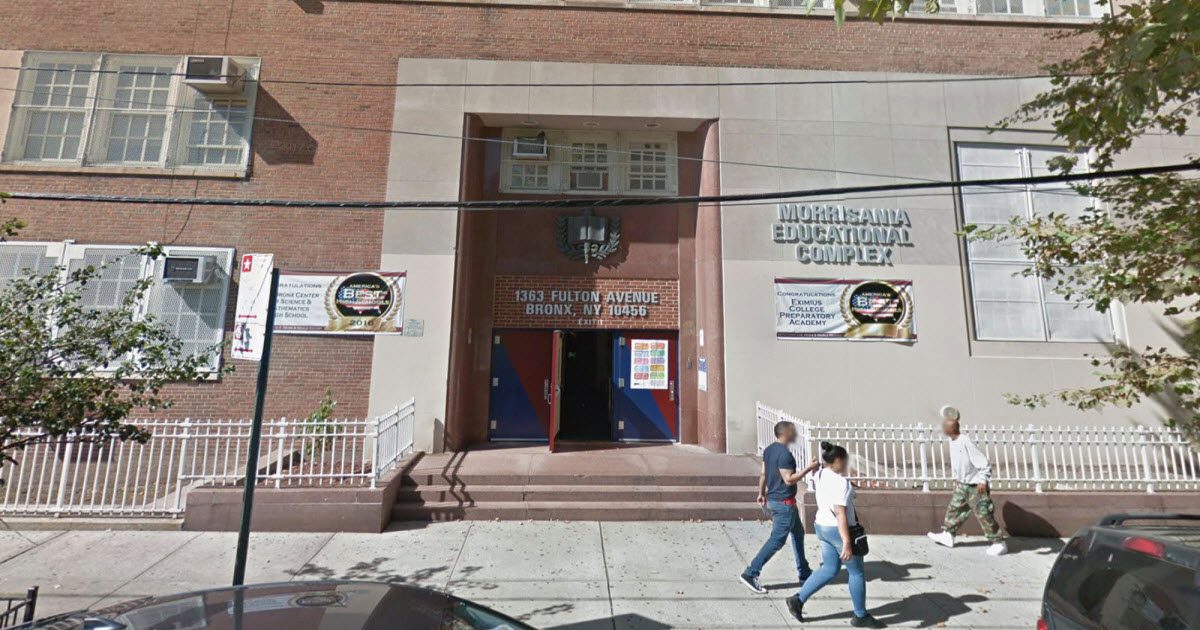I have enjoyed many matchless moments in my life. But very few occurred while I was seven and eight years old. Diagnosed with polio, I was placed in a room with about thirty-five people, each in our own iron lung. I cried a lot because nobody, not even my mother and father, could visit me, much less talk to me or give me a hug. Contracting polio and possibly even spreading it to other people was a constant fear. Even the nurses avoided contact with us. One night, I lay in my own vomit all night because I was too sick and scared to ask for help.
When the doctor came to check on me the next morning, he pulled me out of the iron lung, placed me on the cold hardwood floor and began cleaning me off. He hugged me and told me God loved me. He began crying, and I cried with him. I’ll never forget that experience. I was a terribly frightened, sick little boy, and it was one of the few matchless moments that year.
Finally, I was allowed to return home. After being there only a few days, a doctor and nurse came to the house to inform my parents that tests indicated I had tuberculosis. The choice was returning to the hospital or being quarantined in my home. I chose home. Being restricted to my bedroom was better than the iron lung, but being isolated from my friends and family was still very difficult. On Christmas, I remember my daddy knocking on my window. When I looked out on the fresh snow covering the ground, I saw that his footprints spelled the words, “I love you, Tommy.” Another matchless moment I desperately needed.
By the time I returned to school a few years after being diagnosed with polio, I found I had forgotten much of what I had learned. Still, I was excited to be able to go back to school. But on my first day back, the teacher ordered me, “Tommy, come and sit right in the front.” I was a big kid at a little desk, and I was embarrassed and didn’t want everybody looking at me. Then the teacher said, “Let’s see what all you’ve learned while you have been goofing off, while you’ve been sick or whatever your problem was.” Then he told me to write the word “cat” on the blackboard. By then I was so scared I don’t think I could have spelled my own name. I tried to talk with the teacher, but he wouldn’t listen. Instead, he ordered me out of the class, “You’re misbehaving. Get out of here!”
I never went back to school, and I did not learn to read until my two sons were adults. Not knowing how to read and write put me at a distinct disadvantage for many years, and I was constantly plagued by it. But I worked hard and made a very good living. In fact, this once-illiterate sixtyish-plus millionaire wrote a book about it. Going from an illiterate to the author of “The Millionaire’s Secret: Miss Melba and Me” was another matchless moment in my life.
While many people my age were retiring, I dedicated myself to encouraging other illiterate adults to learn to read and write. And that’s what I’ve been doing fervently since 1992. I have given over six hundred talks and have told many stories about how lives have been changed when illiterate adults have learned to read and write. Encouraging those who cannot has also brought some matchless moments.
One of my favorite audiences to speak to about literacy is prisoners. Eighty percent of prisoners in the United States cannot read. My being able to offer encouragement to prisoners who have learned to read and write has provided some matchless moments for me – and hopefully some for them. At a recent prison GED graduation this was true for one particular prisoner and for me. The graduates were hard-core criminals, so I was closely guarded everywhere I went. The prisoners were shackled, and fully armed guards stood inside and outside the large room where graduation was to take place. The graduates were seated to my right as I approached the podium.
After the warden had introduced me, he instructed under his breath, “Under no circumstances are you to hand over the microphone or get near one of these prisoners.” “No, sir, I won’t,” I said, assuming he meant the prisoners were dangerous. He made it sound as if one misguided yell over the public address system would incite a riot.
I congratulated the men, and the ceremonies continued with awards and diplomas presented. This hard-core group would never be released from prison, but it was obvious they desired a better life by being able to read about places they would never be able to visit.
During the question-and-answer session, one of the toughest-looking prisoners stood and asked if he could approach the podium. I glanced over at the warden, who shook his head no. I looked back at the young man. He had tears in his eyes but didn’t seem to care. He knew this could be the last time he’d ever have any contact with the outside world. “But Mr. Harken, I just want to say something to my grandfather,” he said. Again, I looked at the warden. Again, he shook his head.
When I turned back to the prisoner and saw the pleading look in his eyes, I couldn’t stop myself from assuring him, “You bet! Come on over.” “Thank you, Mr. Harken,” he said as he walked toward the podium. The little-boy expression on his face reflected gratitude and sincerity – and fright. I was convinced beyond a shadow of a doubt that he was harmless. His hand shook as he reached for the microphone, wiped his eyes and cleared his throat.
“I want all of you to know that my grandfather is the elderly gentleman over there wearing the old faded overalls. I’m sure he remembers back when I would make fun of him and his clothes,” the young man spoke from his heart.
“Grandpa, I will never get out of here because I didn’t do things the way you advised me to,” he said. “But I got this GED diploma because I wanted to show you I could do something right for a change. I love you, Grandpa. I’m sorry.” As his voice trailed off, I took the microphone back and told the grandfather to come up and give his grandson a big hug.
I looked to the Warden, then to the guards. There wasn’t a dry eye in the place.
Another matchless moment! The one I will never forget.
If you know someone who might like this, please click “Share!”


